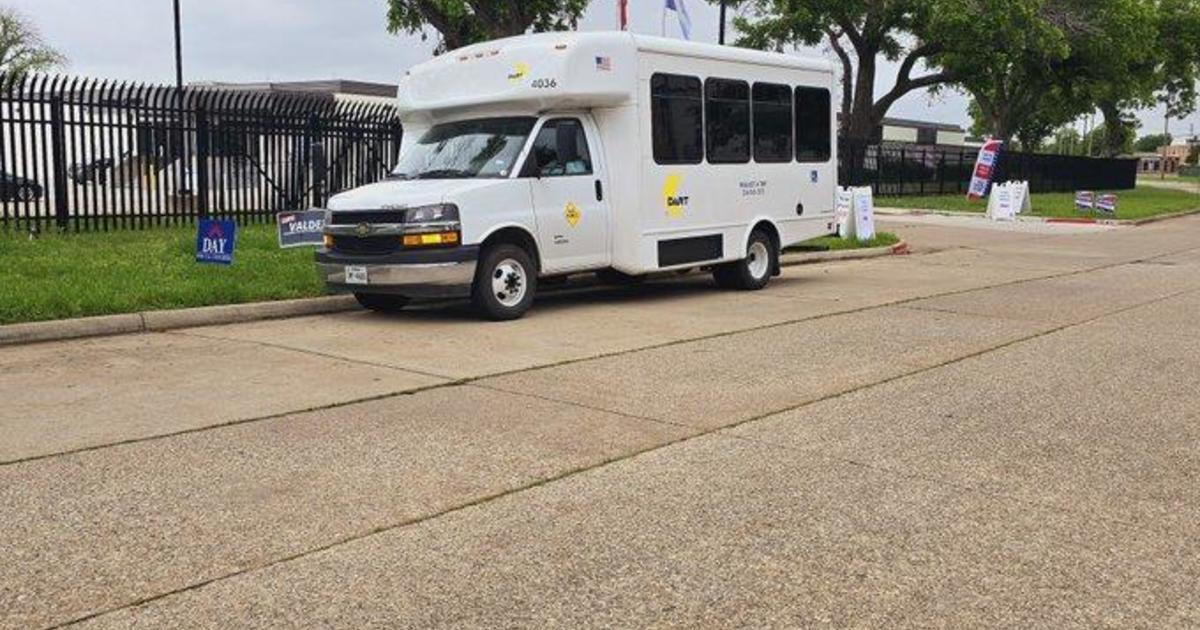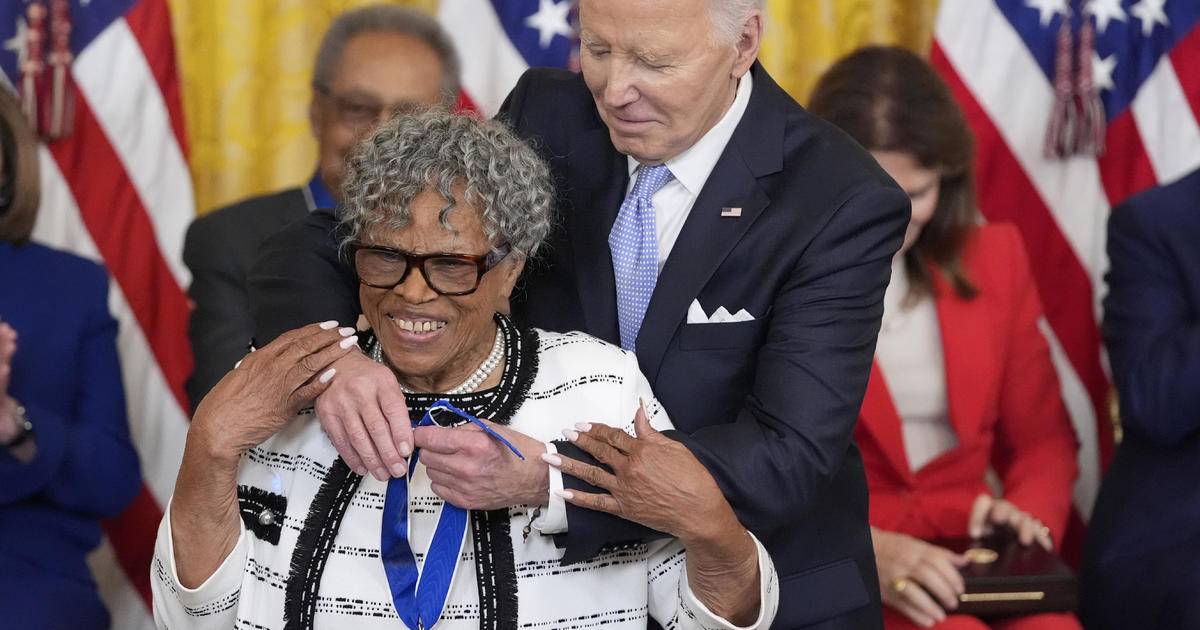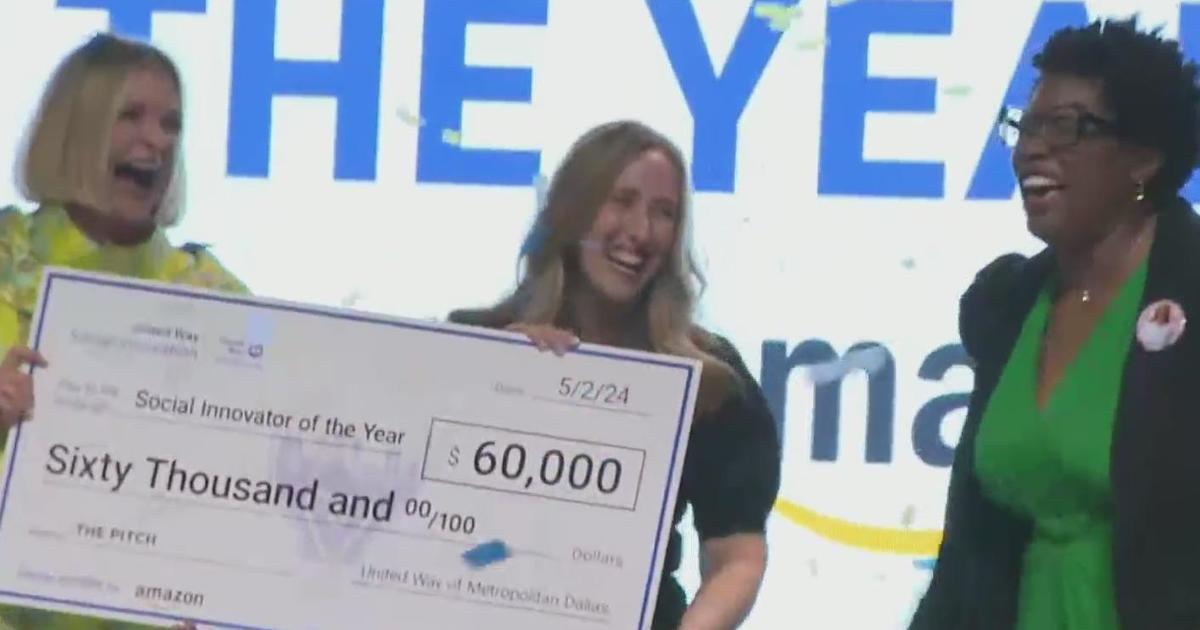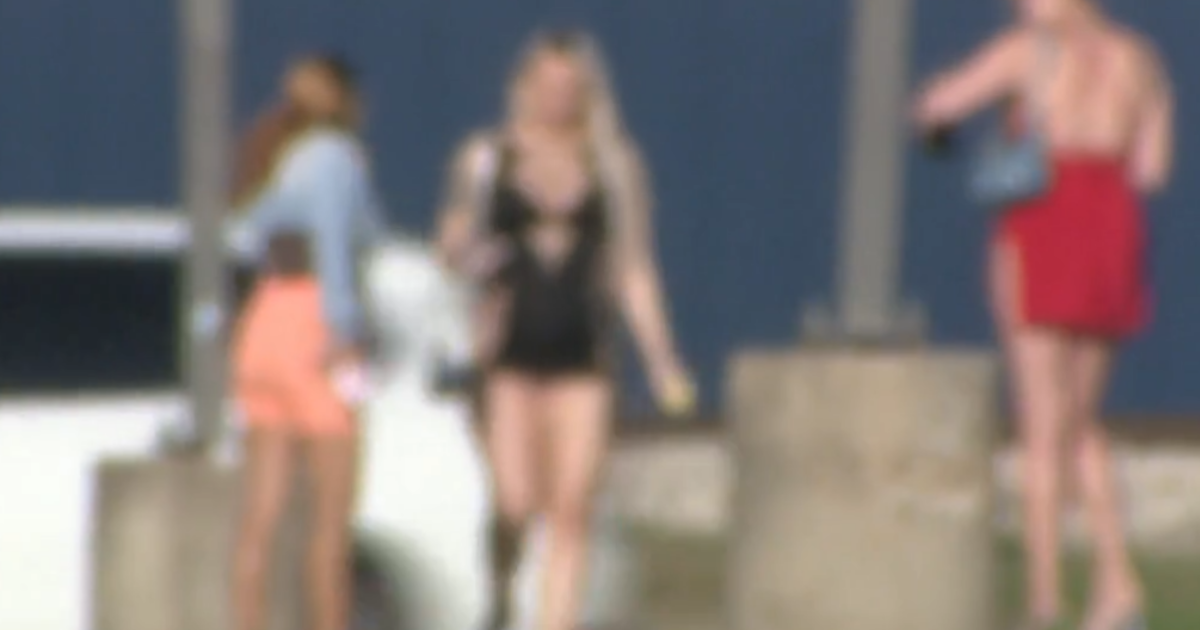SMU Constitutional Law Professor Says Supreme Court Unlikely To Act In President Trump's Election Disputes
DALLAS (CBSDFW.COM) - President Donald Trump and his campaign have filed election lawsuits in a number of states to challenge the results.
SMU Constitutional Law Professor Dale Carpenter said Monday while the President has a right to pursue the lawsuits, it's unlikely the Supreme Court will act in this election.
Carpenter said this is a very different situation than in 2000 when the only state in question was Florida, where then Texas Governor George W. Bush had a 537 vote lead over then Vice President Al Gore, and the Supreme Court acted.
In this election, the President is trailing President-elect Joe Biden in the states in question, including Pennsylvania, Arizona, Georgia and Wisconsin, by about 100,000 votes.
Carpenter said President Trump has a higher legal bar to climb. "A much higher bar, because courts are going to be much less inclined to get involved and to make it look like they are changing the outcome of an election. In 2000, the Supreme Court in some sense, was simply validating what was the most likely outcome of the election, albeit a narrow one."
Hundreds of President Trump's supporters rallied in Grapevine and Rockwall Sunday, Nov. 8 to back his efforts because of reports of voting irregularities.
On Monday, Nov. 9, the Attorneys General in ten Republican states, including Texas, asked the Supreme Court Justices to take on the election dispute in Pennsylvania.
There are at least two legal issues in that state.
One involves the Pennsylvania Supreme Court which allowed mail ballots to arrive three days after the election, overturning a law passed by the State Legislature there that required absentee ballots to arrive by 8pm on election night.
The U.S. Constitution says only state legislatures can decide election rules, not the courts.
Carpenter said, "It is the state legislature that has the power to conduct or set the rules for holding an election, even for federal offices like the President. It's not within the power of federal courts. It's not within the power of the Congress to set the manner in which the election is held and the rules under which the election is held. So the Constitution is clear about that."
On Friday, Supreme Court Justice Samuel Alito ordered to set aside the absentee ballots that arrived within three days after the election, but state officials had said the number of those ballots wouldn't likely change that state's results.
Biden has a lead of more than 45,000 votes.
Because of that, Professor Carpenter he believes the court wouldn't hear the dispute, even if the Trump campaign is correct.
But he said there's always a chance the nation's highest court could do so. "It can decide it's going to hear disputes, even if they don't make a difference. I think it's unlikely, but they could. And then the other question, I think, would be what would be the timing of the courts intervention. So in part, the court probably would want to wait before intervening to see how things shake out a bit."
Carpenter said the Supreme Court could wait until mid-December when the states must certify their elections.
On Monday afternoon, President Trump's campaign claimed in a lawsuit that Pennsylvania's mail-in voting didn't adequately verify the voter's identity, unlike those who voted in-person.
The President's legal team said Monday it's coordinating its lawsuits in different states but acknowledged it's an uphill legal climb.
The Trump campaign said there have been a number of reports it received about voting irregularities in Michigan and other states it wants investigated.
Professor Carpenter said if there are systemic errors found with vote counting machines, the courts could ultimately decide what the remedy would be.
"There you could have real disagreement in the courts and ultimately, in the Supreme Court. Although again, I would hasten to add or caution that we actually so far don't have evidence of that kind of systemic error, at least not so far."
WATCH INTERVIEW HERE
MORE FROM CBSDFW



